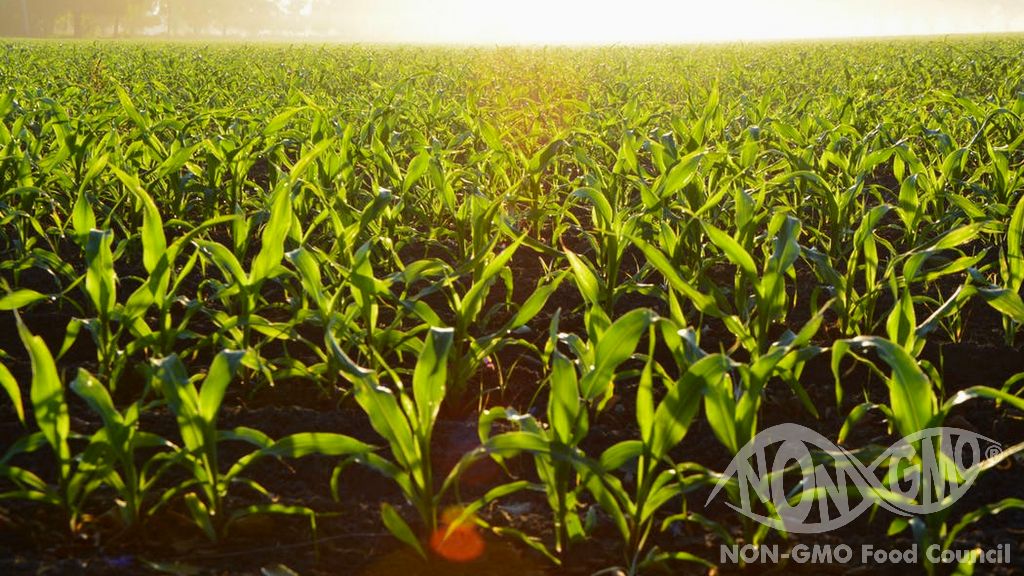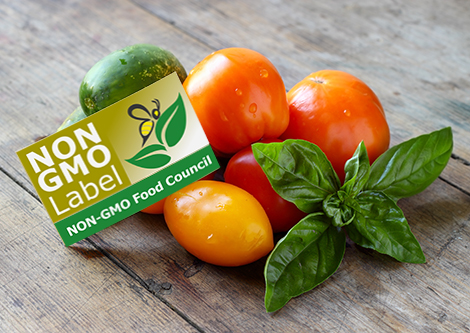Since the first introduction of GMOs in the 1990s, a new generation of GMOs has come to light in the last three decades. Also called new genetic engineering techniques, these new GMOs include a wide variety of different technologies, including CRISPR.

The goals of all these studies are the same: to alter an organism's genome, either by introducing genetic material or by inducing a change in the genetic material in the cell.
Unlike older generation GMOs, new GMOs do not necessarily introduce foreign genetic material, they can alter the genome by cutting, editing or silencing DNA strands from the same organism. Such techniques increase the possibilities and speed with which the genetic material of organisms can be changed.
GMO technology and the agricultural biotechnology industry are often presented as a solution to tackle the current climate crisis affecting our farming systems.
Despite the seemingly higher sensitivity of GM (Genetic Modification) technologies that have evolved over the years, the risks and dangers remain. The process includes unpredictable consequences for the repair mechanism of the cell, as well as potentially random events whose end results are unpredictable.
The interactions between genes and other elements are incredibly complex, which means that any genetic engineering intervention in the genome can have unpredictable and unintended consequences.
The potential environmental impact can be devastating to the environment and available wildlife. Therefore, strict application of the precautionary principle is essential to ensure that new GMOs and their products pass safety checks before they enter the market.
A real danger to agriculture is seen in these new GMOs. Not only because they pose a threat to human health and our environment, but also because they are too invasive to guarantee the production of GMO-free seeds and food in the long run. Such serious consequences will be particularly problematic when it comes to organic and biodynamic agriculture.
Farmers and consumers have the right to choose what to plant and what to eat. This is necessary not only to comply with high biodynamic production standards, but also to protect the integrity of our resources, health and the environment.
Do not hesitate to contact our expert team to get detailed information about GMO Free and NON GMO agricultural certification or to apply for certification.
